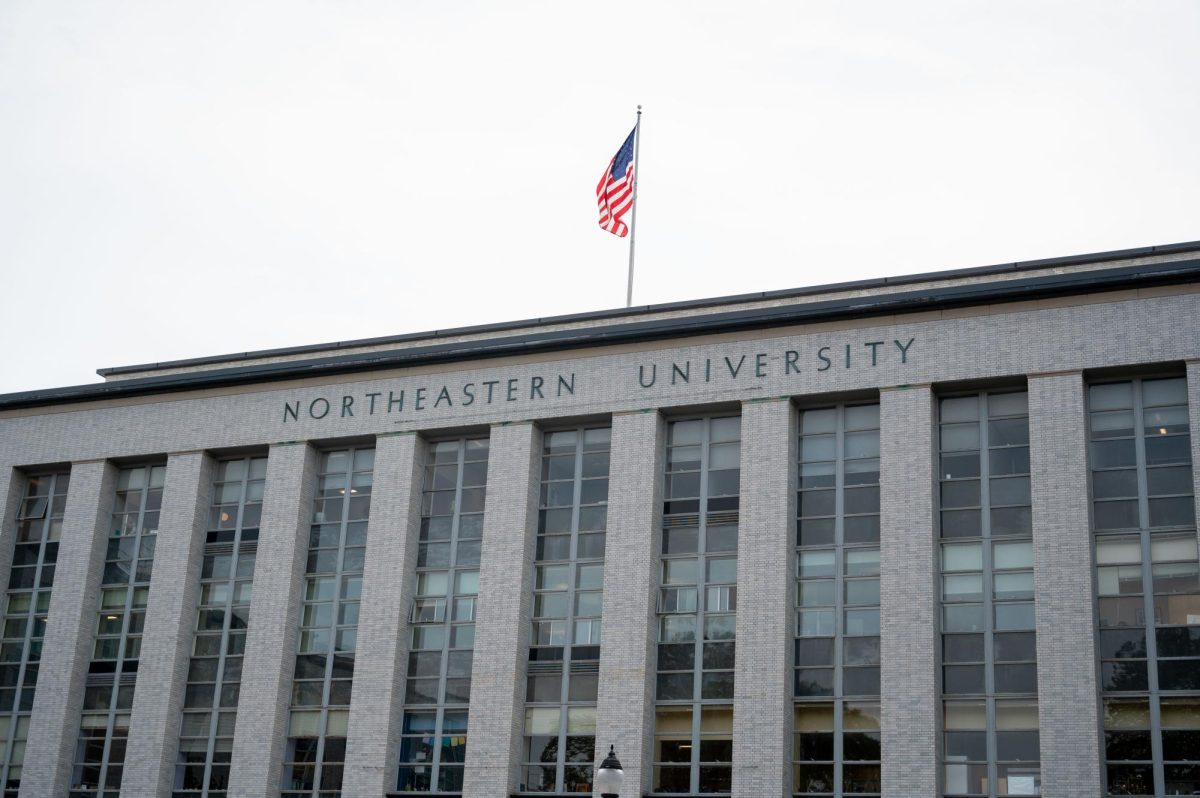By Michael Naughton
Starting in March, Northeastern payroll checks and direct deposit slips for students, faculty and administrators will change to make personal information more secure.
After university community members voiced concern, the Office of Information Services tested and will implement the new system of pay documents to help prevent the theft of a university member’s identity.
“Members in the [university] community have been very vocal on how we protect identity,” said Manager of Inform-ation Technology Security Glenn Hill. “This is in direct response to those concerns.”
The payment documents, which previously listed an individual’s entire social security number and entire bank account number, will now only list the last four digits of both.
“We find pay documents that have been discarded in public areas … sometimes pay stubs with the pay checks still attached … and we always try and reunite documents with the rightful owners,” Hill said. “People [who commit identity theft] do not do what we do … and we are looking to make their lives more difficult.”
Although no Northeastern community members have had their identity stolen as far as Hill is aware, other universities have come close. The University of Georgia was forced to take extra precautions when their server was recently breeched.
“There is no evidence that any information had been manipulated on the server,” said Associate Vice President of Public Affairs for the University of Georgia Tom Jackson. “The incident is still under investigation by the Federal Bureau of Investigation and the Georgia Bureau of Investigation … but there have been no reports of identity theft resulting from the incident.”
Last week in Bourne, police arrested two men who, for months while working at the Cape Cod Filling Station, used “skimmers,” devices that would record a customer’s credit card information after swiping the card. The information would then be used to make false credit cards used to purchase goods illegally, said Sergeant Dennis Woodside of the Bourne Police Department.
Credit card theft and stolen identification are becoming more evident and lawmakers are attempting to pass legislation to counteract the rise in fraud.
“The rising tide of identity theft around the world raises concerns voiced by community,” Hill said. “Legislation will eventually require the severe restrictions of the use of the social security number.”
The new changes will be noticeable to those receiving checks from the university, including those students with work-study, but identity theft is not a common concern among college students, Hill said.
“I am not that worried about [identity theft],” said Kelly Gallagher, a senior physical therapy major who participates in work-study. “My credit card company is good about calling and making sure if I spend a big amount that it is really me.”
Credit card companies such as MasterCard have programs and plans in place to offer to cardholders in order to prevent identity theft. These plans are not free, however, which makes them less attractive to some students.
“I don’t worry about identity theft, I only heard about it through my credit card company,” said Hillary Joseph, a senior physical therapy major. “[The credit card company] wanted me to pay $10 a month to protect my own identity … I’m not going to pay for it.”
Even if students are not willing to or do not wish to pay for the protection of their identity, Northeastern employees will still have protected pay documents, which is a system ahead of the “rising tide” of legislation on identity theft, Hill said.
“Our job is to preserve, protect and defend the information and assets of the institution. We have a choice to be ahead … of the curve … and to take proactive steps, or to be behind with potential risks and consequences,” Hill said.









